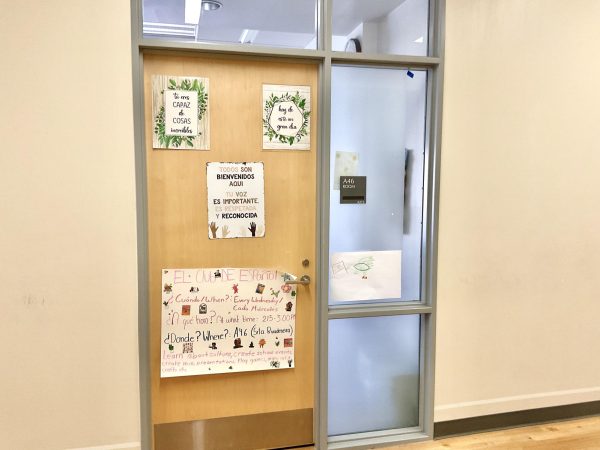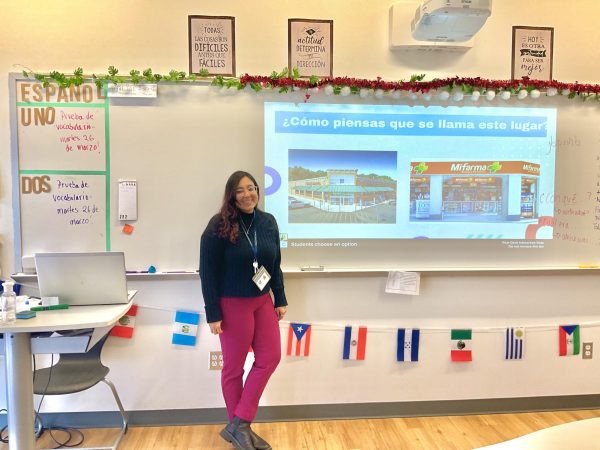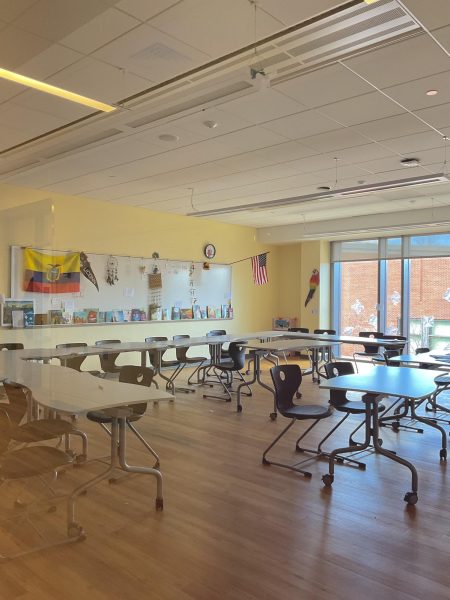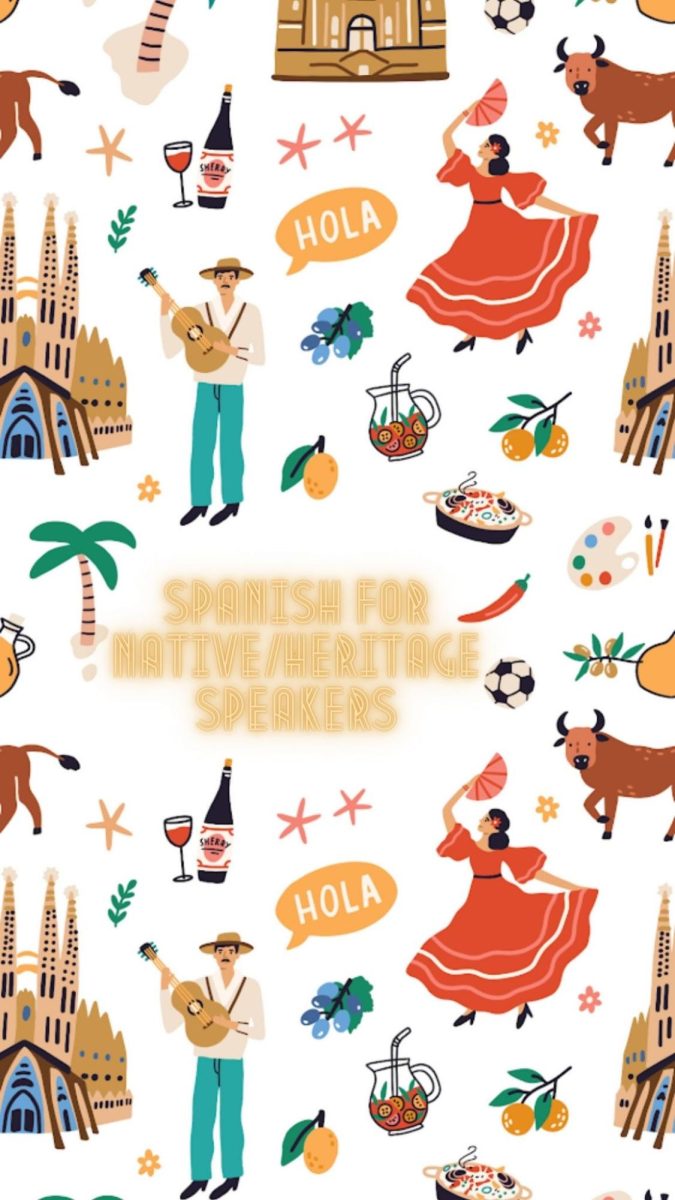Next year, Morgan will be offering a new course: Spanish for Native/Heritage speakers. This course is for students who want to know more about their culture. Non-native or non-heritage speakers will not be able to enroll in this class due to it being solely for Spanish-speaking students raised in another Spanish-speaking country or coming from a Spanish-speaking household. Spanish teacher Karla Rivadeneira, who currently teaches Spanish I and II, will teach this class.

Morgan needs to offer this class because there are many native and heritage speakers who do not belong in a Spanish class that is geared to students whose first language is English. Also, about 8–10 students at Eliot with a Hispanic background already participate in a heritage class this year. These students will be able to continue this work next year at Morgan in the new heritage class. This new class will be offered to incoming freshmen and next year’s sophomores, but there are certain qualifications. Students taking the course must have a native or heritage background and also a recommendation from their current language arts teacher.
This new curriculum is focused on refinement in reading and writing skills far beyond the traditional Spanish class curriculum. This class will consist of lots of oral presentations, which will also include a good amount of writing and reading assignments. Only one class can be offered because different class levels of Spanish need to be taught, so there is only room for one class to be taught at the moment. After completing this class, students at the end of sophomore year can choose to take Spanish IV level one or honors, AP, or Contemporary Spanish Culture during their junior year.

Ms. Rivadeneira said, “This class is meant for speakers of the language who need more support in their writing and reading skills, not so much in speaking.” Heritage and native speakers have an advantage since they are constantly surrounded by the language. In this class, they will dive into Latino community, sports, and their Hispanic backgrounds. She also said, “This class will prepare them for using the language in a way that’s not always used in the traditional language class.”
When it comes to people of Spanish-speaking backgrounds, It’s important to know the difference between heritage and native speakers. A heritage speaker is someone in this case who is born in the United States whose parents speak Spanish and the common language at home is Spanish, but their phones are in English. They speak English with their friends and watch shows in English. Native speakers are born outside the United States, learn the language at home, and use this dominant language in all aspects of their life including communicating with others, speaking on their phones, reading books, or listening to the radio or TV shows.

Ms. Rivadeneira is currently doing research and programs on how to implement and run this curriculum here at Morgan. She said, “During my internship in my master’s year, I entered at East Hartford, and I focused on their heritage program, and I helped develop and change some parts of the curriculum, and I was able to have experience working with heritage and native speakers of the language.” This class allows students to learn more about who they are as a person that has a hybrid identity. Students from Spanish-speaking countries who now live in the United States can learn Spanish in the heritage class, just as English-speaking students learn English in their English classes. This new Native/Heritage class will serve Morgan students well.


